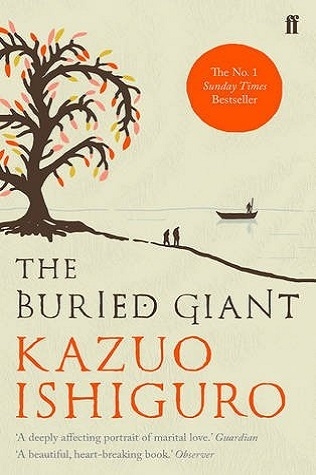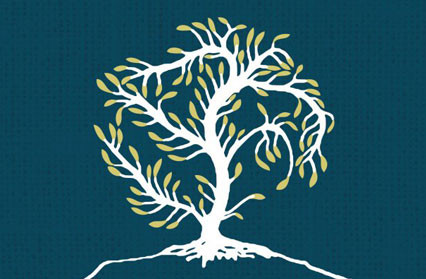
My memories define who I am and the thought of losing them is terrifying to me. I'm fascinated by all kinds of stories about memory and memory loss, whether it's a thriller like The Girl on the Train, a sad contemporary like Still Alice or a fantasy like this. Screw subtlety and interpretation! I want answers, dammit.Ĭredit where it's due: I was very intrigued in the beginning. I would say I was mildly surprised that Ishiguro had convinced me to keep reading the last 300 pages when all I got was a fizzled out ending and no answers. Especially with that ending that Kirkus believes to be " one that will shock you". I find myself leaning towards Craig's interpretation that Isiguro gives us the information and lets us decide what to do with it. It's a simplistic, emotionally-detached and - at times - boring story, so I'm inclined to assume Ishiguro was aiming at smarter people than me who would take something deeper from it.īut I don't think so.

What happened here? It's one of those novels where I can't help wondering if there's some underlying symbolism or metaphorical brilliance that totally went over my head.

Unfortunately, having read the book, I'm still not even sure. Nevertheless, I too was intrigued about what would happen when a highly-acclaimed author of literary fiction transitioned into fantasy. I have only read one other Ishiguro novel and that is Never Let Me Go. In 2017, the Swedish Academy awarded him the Nobel Prize in Literature, describing him in its citation as a writer "who, in novels of great emotional force, has uncovered the abyss beneath our illusory sense of connection with the world". In 2008, The Times ranked Ishiguro 32nd on their list of "The 50 Greatest British Writers Since 1945". His novels An Artist of the Floating World (1986), When We Were Orphans (2000), and Never Let Me Go (2005) were all shortlisted for the Man Booker Prize. He was awarded the Nobel Prize in Literature 2017. His latest novel is The Buried Giant, a New York Times bestseller. His fourth novel, The Unconsoled, won the 1995 Cheltenham Prize.

Ishiguro received the 1989 Man Booker prize for his third novel The Remains of the Day. His second novel, An Artist of the Floating World, won the 1986 Whitbread Prize. His first novel, A Pale View of Hills, won the 1982 Winifred Holtby Memorial Prize. Ishiguro obtained his Bachelor's degree from the University of Kent in 1978 and his Master's from the University of East Anglia's creative writing course in 1980. Sir Kazuo Ishiguro (カズオ・イシグロ or 石黒 一雄), OBE, FRSA, FRSL is a British novelist of Japanese origin and Nobel Laureate in Literature (2017).


 0 kommentar(er)
0 kommentar(er)
